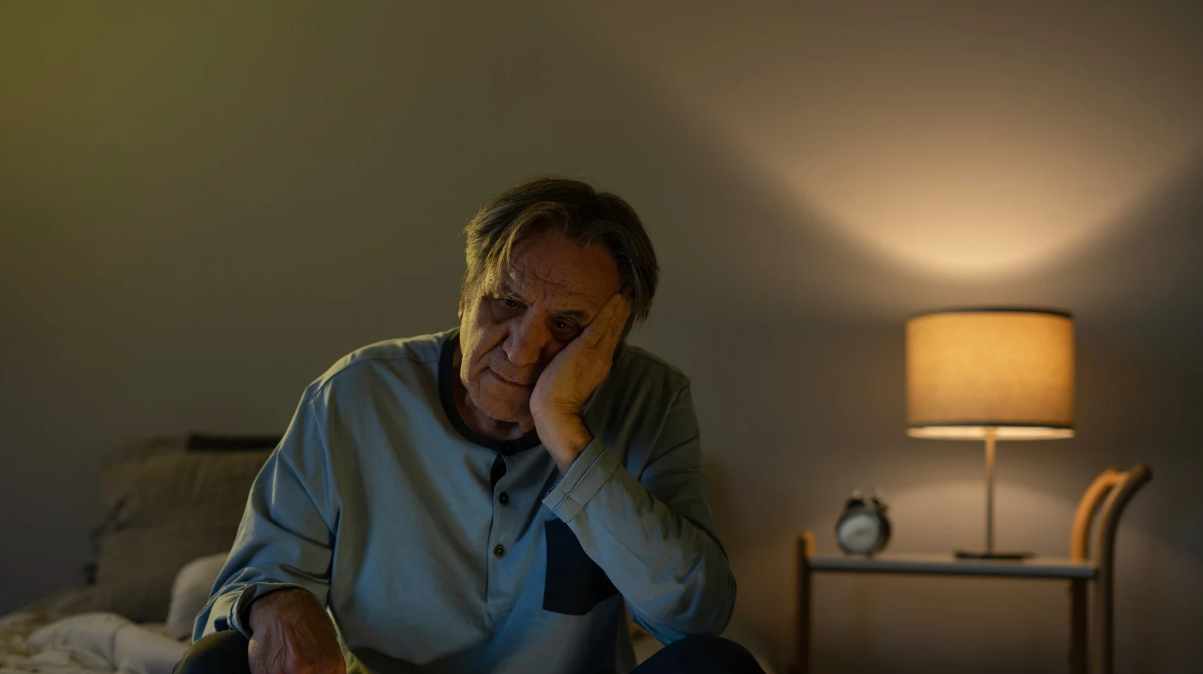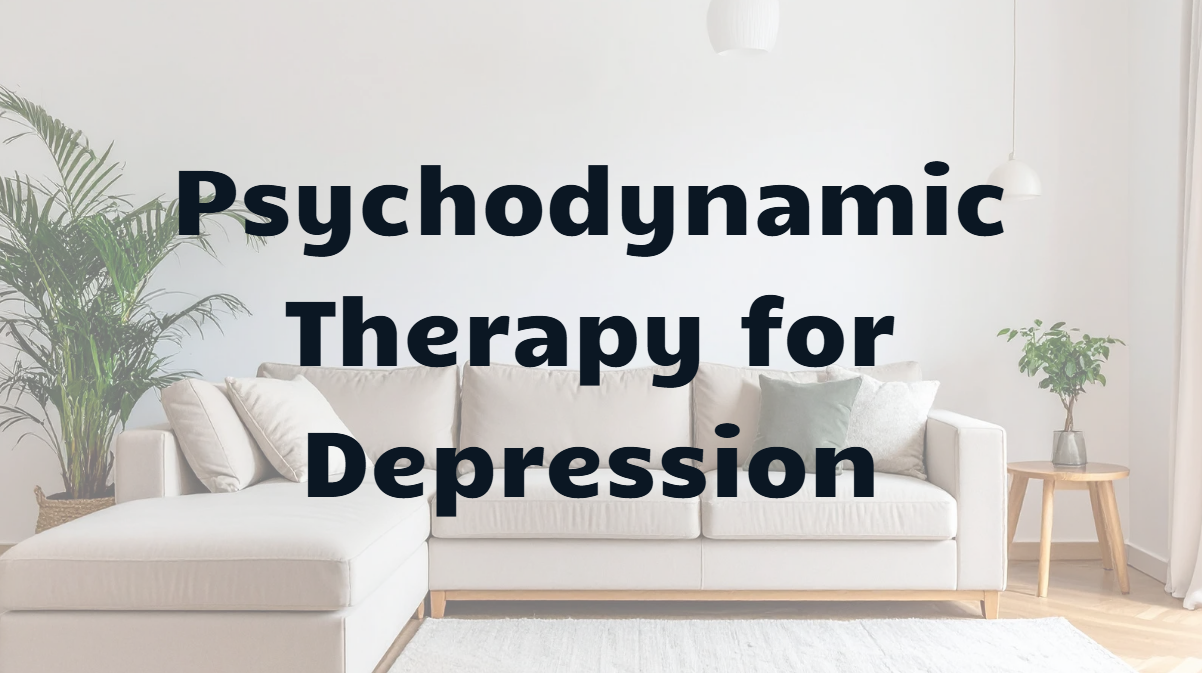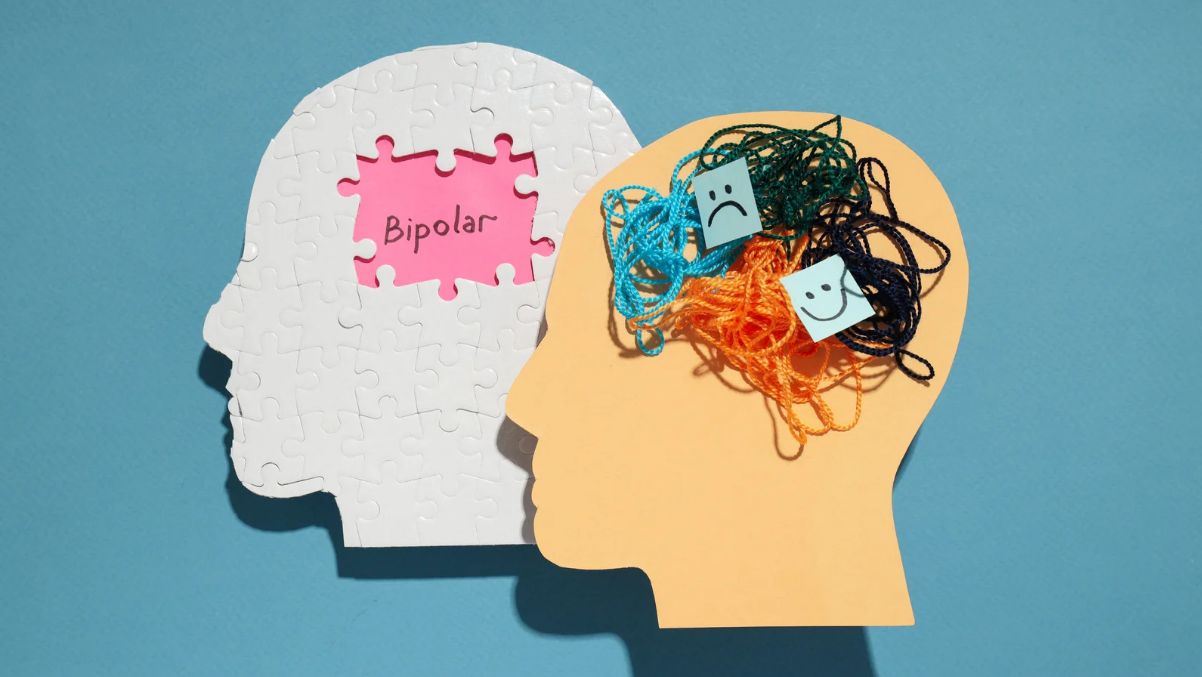Sleep Is Not a Luxury—It’s a Lifeline for Healthy Aging
Tossing and turning all night isn’t just an inconvenience—it can be a sign of something more serious affecting an older adult’s well-being. While many assume poor sleep is a normal part of aging, persistent disturbances often indicate underlying physical, emotional, or psychiatric issues. Sleep disorders in elderly people can affect memory, mood, and overall health, making restful nights essential for quality of life. Understanding the causes and management strategies for these conditions is key to helping seniors achieve restorative, rejuvenating sleep.
Why Sleep Changes as We Age
As we age, our sleep architecture—the structure of our sleep cycles—changes naturally.
- We spend less time in deep, restorative sleep (Stage 3) and more time in lighter stages.
- Our circadian rhythm shifts earlier, causing us to feel sleepy in the early evening and wake earlier in the morning.
- Nighttime awakenings become more common due to physical discomfort, bathroom needs, or temperature fluctuations.
These changes are normal and often manageable. But when they lead to chronic fatigue, irritability, or impaired daytime functioning, they may point to a sleep disorder.
When It Becomes a Disorder
Sleep problems become a concern when they interfere with your ability to function or worsen emotional and physical health. Chronic insomnia, loud snoring, or restless legs are not simply “signs of aging”—they’re conditions that deserve professional attention.
Factors like depression, anxiety, chronic illness, medication side effects, or grief can significantly disrupt sleep quality.
The Brain-Sleep Connection
Sleep plays a vital role in brain repair and emotional balance. As we age, melatonin and serotonin production decreases, making it harder to fall and stay asleep. These same brain chemicals also regulate mood, explaining why sleep issues often overlap with depression and anxiety.
Common Sleep Disorders in Elderly People
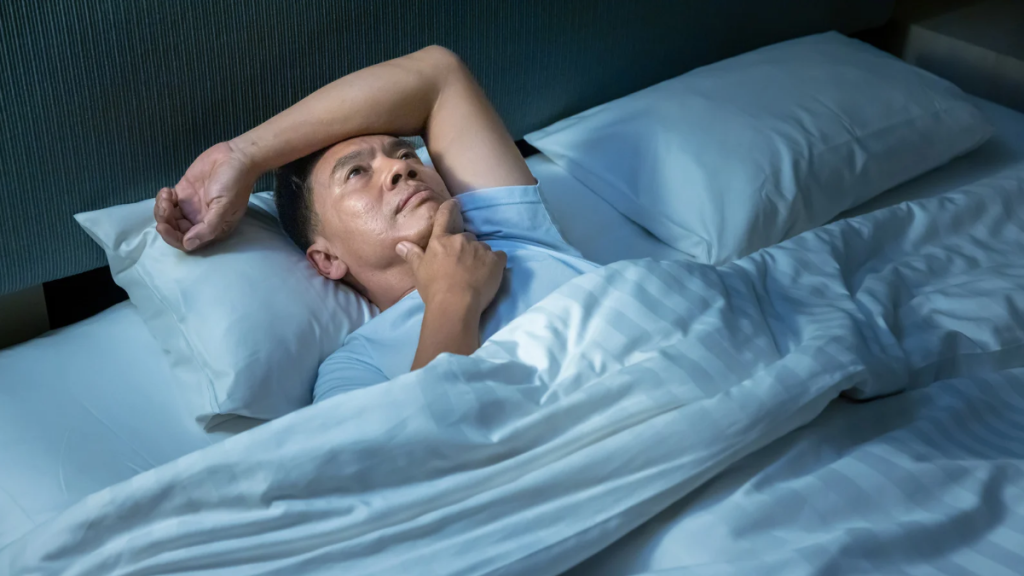
Older adults experience a range of sleep disorders that can be easily overlooked or mistaken for normal aging. Understanding the signs helps ensure early detection and effective treatment.
1. Insomnia
Insomnia—trouble falling or staying asleep—is the most common sleep complaint among seniors.
Causes include:
- Chronic pain or illness
- Medications that interfere with sleep
- Anxiety, depression, or grief
- Poor sleep habits (e.g., irregular schedules, excessive caffeine)
Symptoms:
- Difficulty falling asleep or frequent awakenings
- Waking up too early
- Daytime fatigue, poor concentration, irritability
Persistent insomnia is not just a nuisance—it can worsen depression, increase fall risk, and accelerate cognitive decline.
2. Sleep Apnea
Sleep apnea occurs when breathing repeatedly stops during sleep.
- Obstructive sleep apnea (OSA) happens when the airway becomes blocked.
- Central sleep apnea results from the brain failing to signal proper breathing.
Signs: Loud snoring, gasping for air, excessive daytime sleepiness, and morning headaches.
Left untreated, sleep apnea raises the risk of high blood pressure, heart disease, and memory problems.
3. Restless Legs Syndrome (RLS) and Periodic Limb Movement Disorder
RLS causes uncomfortable sensations in the legs, often described as crawling or tingling, which improve with movement.
Common triggers: low iron, neuropathy, kidney disease, or certain medications.
These repetitive movements fragment sleep, leaving individuals exhausted and frustrated. Over time, this can contribute to anxiety, irritability, and even depression.
4. Circadian Rhythm Sleep Disorders
As we age, our internal clock shifts. Some seniors experience Advanced Sleep Phase Syndrome (ASPS)—they fall asleep very early in the evening and wake up in the pre-dawn hours. While not dangerous, it can disrupt social and family life and worsen feelings of isolation.
5. REM Sleep Behavior Disorder
This rare condition causes individuals to physically act out vivid dreams, sometimes resulting in injury. It’s often associated with neurodegenerative conditions like Parkinson’s or Lewy body dementia and requires medical evaluation.
The Hidden Impact of Poor Sleep on Health

Even mild, ongoing sleep deprivation can quietly undermine both mental and physical health, affecting everything from mood to heart function.
1. Mental Health Effects
Chronic sleep deprivation heightens the risk of depression, anxiety, and emotional instability. Sleep loss alters brain chemistry and emotional regulation, making it harder to cope with stress or maintain motivation.
Seniors who sleep poorly are also at higher risk for memory problems and cognitive decline.
2. Physical Health Consequences
Poor sleep doesn’t just affect mood—it affects the body.
It’s linked to:
- Hypertension and cardiovascular disease
- Diabetes and metabolic changes
- Impaired immune function
- Falls due to fatigue or confusion
3. Cognitive Decline and Dementia
During deep sleep, the brain clears waste products that build up during the day. Disrupted sleep interferes with this “cleaning” process, potentially increasing the risk of Alzheimer’s and dementia.
Causes and Contributing Factors of Sleep Problems
Understanding what triggers sleep difficulties in older adults is the first step toward finding lasting relief and better rest.
1. Medical Causes
Common medical issues such as arthritis, chronic pain, lung disease, or urinary problems can interrupt sleep. Hormonal changes and neurological disorders also play a role.
2. Medication-Related Causes
Many medications—like antidepressants, steroids, or diuretics—affect sleep patterns. A professional medication review can help identify problematic prescriptions.
3. Mental Health Causes
Emotional stress, grief, trauma, or loneliness can worsen insomnia. The relationship between mental health and sleep is two-way: poor sleep worsens mood, and poor mood worsens sleep.
4. Lifestyle and Environment
An irregular sleep schedule, lack of sunlight, inactivity, or excessive screen time can all disrupt natural rhythms. Environmental factors like noise, light, or temperature also influence rest quality.
Diagnosis: How Sleep Disorders Are Identified

Proper diagnosis begins with a thorough evaluation that looks beyond symptoms to uncover the root causes of disrupted sleep.
1. Psychiatric and Medical Evaluation
A comprehensive assessment includes discussing your symptoms, reviewing medications, and screening for depression, anxiety, or cognitive changes. Understanding your mental health history helps identify root causes.
2. Sleep Studies and Testing
A sleep study (polysomnography) monitors brain waves, breathing, heart rate, and movements overnight. Home sleep tests are also available for convenience. These results help diagnose conditions like apnea or REM behavior disorder.
3. Collaboration Between Psychiatry and Primary Care
Because sleep problems often have both physical and emotional causes, the best results come from integrated care—psychiatrists, sleep specialists, and primary care providers working together to support the whole person.
Treatment Options: What Really Helps Seniors Sleep Better
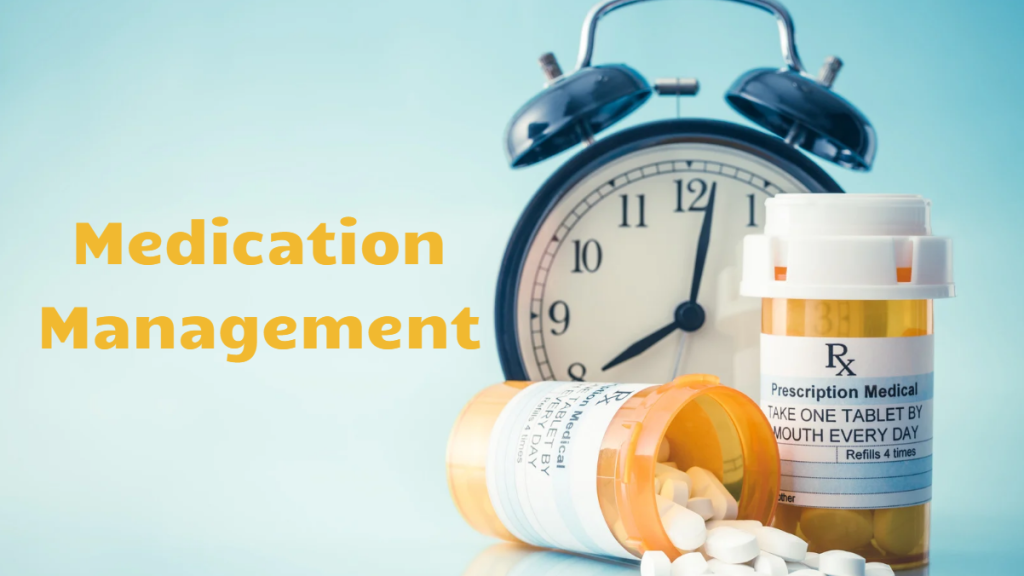
Effective sleep treatment for older adults focuses on addressing both the physical and emotional factors that interfere with restful nights.
1. Cognitive Behavioral Therapy for Insomnia (CBT-I)
CBT-I is the most effective non-medication treatment for chronic insomnia. It helps you change unhelpful thoughts and habits around sleep—such as worrying about not sleeping or staying in bed too long awake.
Results often appear within weeks and can be longer lasting than medication alone.
2. Medication Management
Sometimes, medication is necessary—but it must be used carefully in older adults.
Psychiatrists can prescribe or adjust:
- Sleep aids (short-term use)
- Antidepressants or anti-anxiety medications that support sleep
- Melatonin or other natural sleep regulators
Personalized medication management ensures safe dosing and minimal side effects, preventing confusion, grogginess, or falls.
3. Addressing Underlying Mental Health Conditions
Treating depression, anxiety, or grief can dramatically improve sleep quality. Therapy, counseling, or psychiatric medication can help regulate mood, calm the mind, and restore natural sleep rhythms.
4. Lifestyle and Behavioral Changes
Simple, consistent changes can make a big difference:
- Maintain a regular sleep-wake schedule
- Limit caffeine, nicotine, and alcohol
- Create a relaxing bedtime routine (reading, gentle stretching, deep breathing)
- Get sunlight exposure and light physical activity during the day
- Keep your bedroom cool, dark, and quiet
5. Treating Specific Disorders
- Sleep Apnea: Continuous Positive Airway Pressure (CPAP) machines keep airways open.
- Restless Legs Syndrome: Iron supplementation or medication can help.
- REM Behavior Disorder: Safety precautions and medications reduce risk of injury.
Integrative and Holistic Strategies for Better Sleep

A whole-person approach that blends lifestyle changes, mind-body practices, and supportive care can significantly enhance sleep quality and overall well-being.
1. Mind-Body Techniques
Mindfulness, meditation, and progressive muscle relaxation reduce nighttime anxiety and promote deeper sleep.
2. Nutrition and Supplements
Balanced meals rich in magnesium, calcium, and B vitamins support sleep health. Some people benefit from melatonin or magnesium glycinate—always consult a provider before starting supplements.
3. Light and Environment Optimization
Morning sunlight helps regulate the body’s internal clock. Avoid bright lights and screens before bed to prevent melatonin suppression.
4. Social and Emotional Wellness
Loneliness and grief can amplify sleep problems. Staying socially engaged or speaking with a counselor can relieve emotional burdens that keep the mind restless at night.
When to Seek Professional Help
You should seek medical or psychiatric care if:
- You feel excessive daytime fatigue or confusion
- Sleep troubles last longer than a few weeks
- You snore loudly, gasp, or stop breathing during sleep
- You notice mood or memory changes
- You fall asleep suddenly during the day
Ignoring sleep issues can worsen mental health, increase fall risk, and affect your independence. A psychiatrist or sleep specialist can pinpoint the cause and guide you toward lasting relief.
Prevention and Long-Term Maintenance
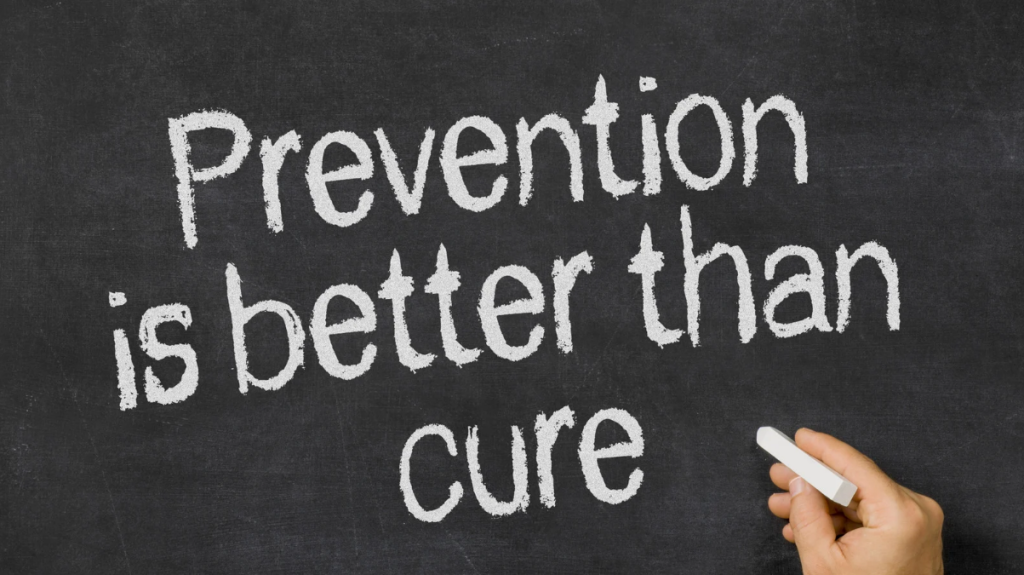
Healthy sleep in older age is built on daily habits:
- Stick to a consistent bedtime and wake time.
- Review medications regularly with your provider.
- Manage chronic stress through therapy or mindfulness.
- Engage in regular physical activity and healthy nutrition.
The goal isn’t just more sleep—it’s restorative, high-quality rest that supports your mind and body.
Call to Action: Let’s Help You Sleep—and Feel—Better
Poor sleep is not a normal part of aging—it’s a sign your body or mind needs care. Whether the cause is emotional, physical, or environmental, improving sleep starts with understanding the root cause.
With the right evaluation, treatment, and support, older adults can reclaim restful nights, clearer minds, and better days. Sleep is healing—and it’s never too late to restore it.
At Stay Healthy! LLC, we believe your mind deserves rest too. Our psychiatric team provides compassionate, comprehensive care to help you understand and treat sleep problems from the inside out.
Whether you’re struggling with insomnia, anxiety, or emotional stress that keeps you up at night, we’ll work with you to create a personalized plan that supports both your mental and physical well-being.

